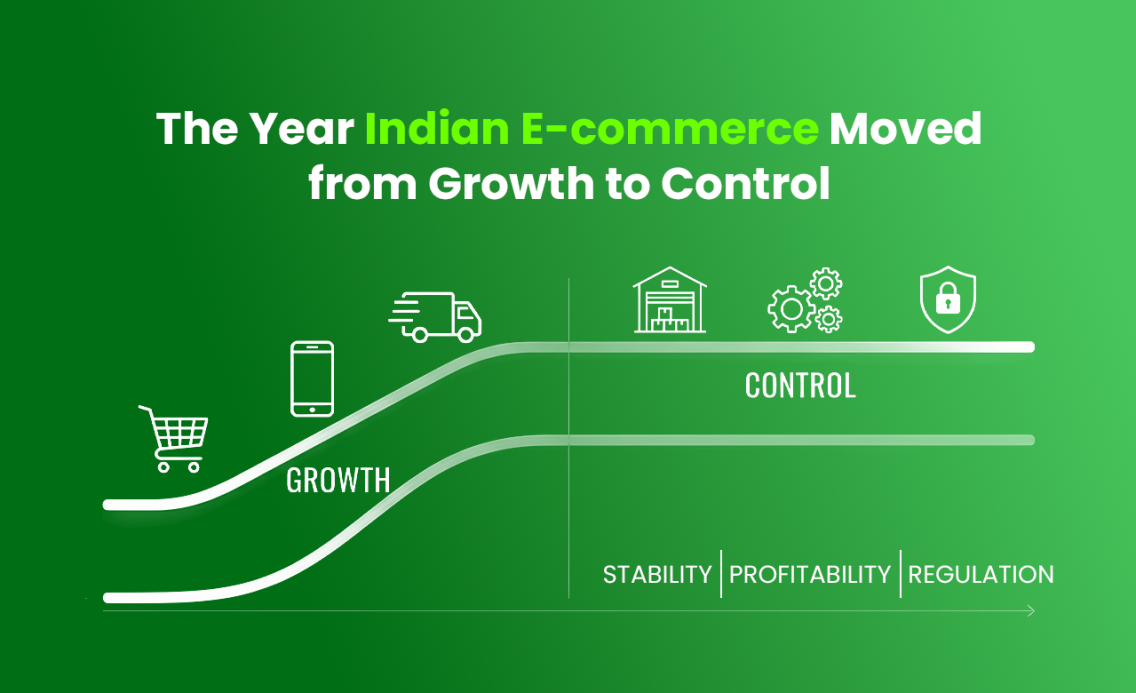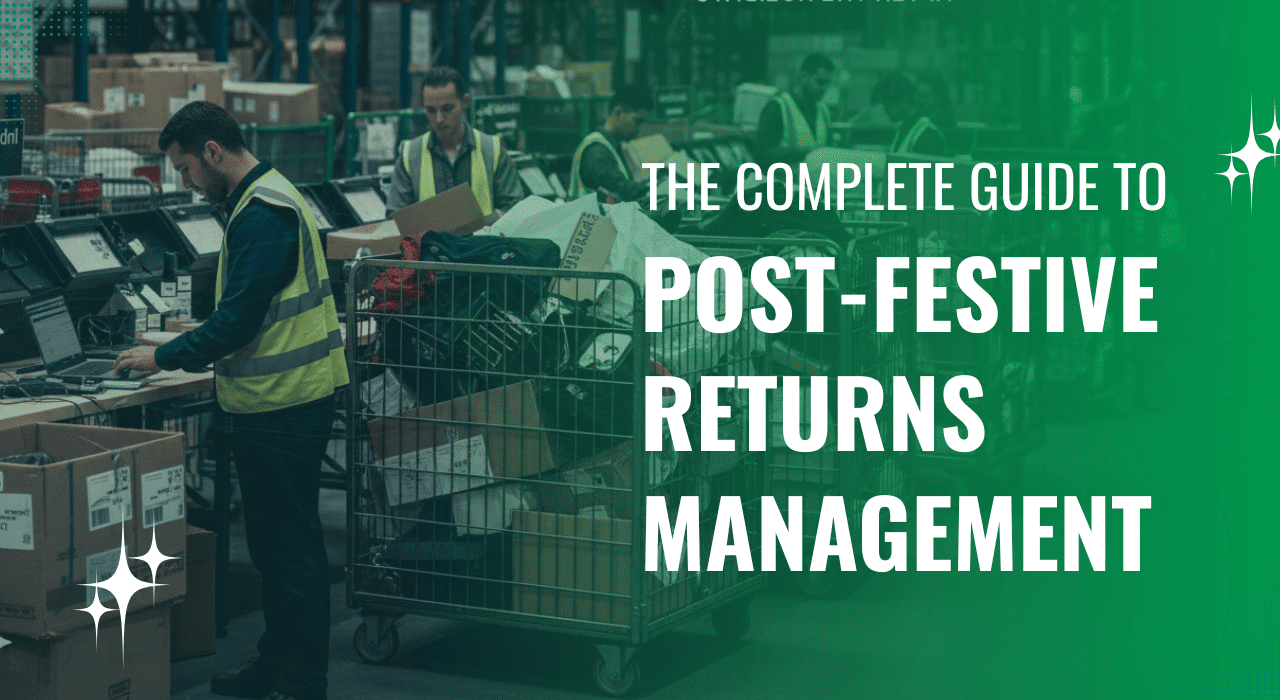Distributed order management and ERP systems are both valuable tools to retailers and wholesalers. In most cases, they collaborate rather than compete to give sellers a unique advantage when navigating a complex supply chain.
However, there are times that call for a rethink of the long-term potential for any system. and one such case is order management.
An ERP can be helpful in automating and synchronizing backend functions such as payroll, HR and procurement, but using it for order management purposes imposes limitations on retailers looking to scaleup, especially now that we're in an "I-want-it-now" economy that prioritizes speed, efficiency and accuracy.
Sellers that offer customers flexible delivery and returns options stand out because it lets customers set preferences for when and how they'd like their product delivered, including
- Buy Online, Pickup-in Store (BOPIS or click-and-collect)
- Buy Online, Return in Store (BORIS)
- Buy online, ship from store (BOSTS)
- Buy in store, return to warehouse,
- Drop shipping
These options require sellers to set order routing rules and to know the fulfillment path for every order, so that the chances of mix-ups at the store and/or warehouse is very minimal. A distributed order management system is built specifically to help retailers connect sales channels with omnichannel fulfillment, enhancing the retailer's customer experience. We have here, an infographic that sums up when DOM is a good idea for retailers;

Is your current system and process up for the task? Drop us a line on care@easyecom.io to reimagine omnichannel retailing order management!
.png)











